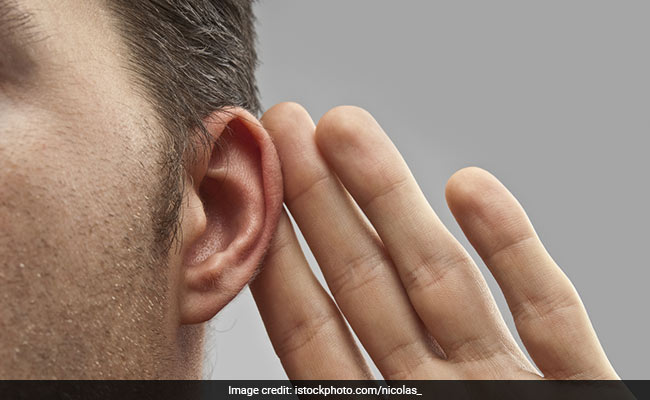Research indicates a correlation between hearing loss and cognitive decline, including an increased risk of conditions such as dementia.

Early detection and intervention by qualified healthcare professionals are essential
Hearing loss is a condition that extends far beyond the inability to perceive sound. Its impacts permeate various aspects of life, affecting communication, emotional well-being, cognitive functions, and overall quality of life. This essay delves into the multifaceted effects of hearing loss and emphasizes the importance of addressing this condition comprehensively. Communication lies at the heart of human interaction, forming the foundation of relationships and social connections. For individuals with hearing loss, communication can become a daunting challenge. Difficulty understanding speech, particularly in noisy environments, often leads to frustration and isolation.
Conversations become strained, and individuals may withdraw from social situations to avoid embarrassment or misunderstanding. Over time, this isolation can contribute to feelings of loneliness and depression, further exacerbating the impact of hearing loss on mental health.Moreover, the consequences of untreated hearing loss extend beyond social interactions.
Research indicates a correlation between hearing loss and cognitive decline, including an increased risk of conditions such as dementia. The brain's cognitive resources are diverted to compensate for the loss of auditory input, potentially leaving individuals more vulnerable to cognitive impairment. Furthermore, the emotional toll of grappling with hearing loss can contribute to heightened stress levels, exacerbating cognitive decline and impacting overall mental well-being.
The repercussions of hearing loss also extend to various aspects of daily life. Occupational challenges may arise as individuals struggle to effectively communicate with colleagues, clients, or customers. This can hinder career advancement and diminish job satisfaction. Additionally, leisure activities that once brought joy may become less enjoyable or even inaccessible due to difficulties hearing conversations or engaging with auditory stimuli, such as music or movies.
Safety concerns are another critical aspect of hearing loss that cannot be overlooked. Impaired hearing can compromise one's ability to perceive important auditory cues, such as alarms, sirens, or approaching vehicles. This poses significant risks both at home and in public settings, potentially leading to accidents or injuries.
Addressing the far-reaching effects of hearing loss requires a comprehensive approach. Early detection and intervention by qualified healthcare professionals, such as audiologists, are essential. Hearing aids, assistive listening devices, and communication strategies can significantly improve communication abilities and mitigate the social and emotional impacts of hearing loss.
Moreover, fostering awareness and understanding of hearing loss in society can help reduce stigma and promote inclusivity for individuals with hearing impairment.In conclusion, hearing loss transcends mere auditory impairment, affecting communication, emotional well-being, cognitive functions, and overall quality of life.
Recognizing the profound effects of hearing loss is crucial for implementing effective interventions and support systems. By addressing hearing loss comprehensively, we can empower individuals to lead fulfilling lives and create a more inclusive society for all.
Content by: Manisha Suru, leading Audiologist and Speech Therapist attached to Aumni Hearing Services, Mumbai
Disclaimer: The opinions expressed within this article are the personal opinions of the author. NDTV is not responsible for the accuracy, completeness, suitability, or validity of any information in this article. All information is provided on an as-is basis. The information, facts, or opinions appearing in the article do not reflect the views of NDTV and NDTV does not assume any responsibility or liability for the same.
DoctorNDTV is the one stop site for all your health needs providing the most credible health information, health news and tips with expert advice on healthy living, diet plans, informative videos etc. You can get the most relevant and accurate info you need about health problems like diabetes, cancer, pregnancy, HIV and AIDS, weight loss and many other lifestyle diseases. We have a panel of over 350 experts who help us develop content by giving their valuable inputs and bringing to us the latest in the world of healthcare.














